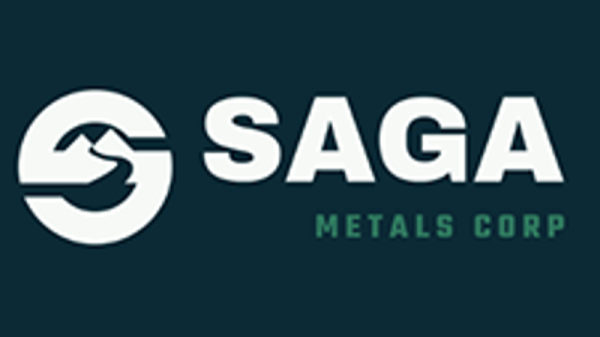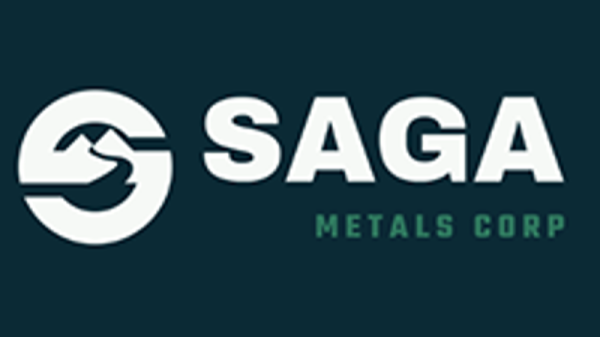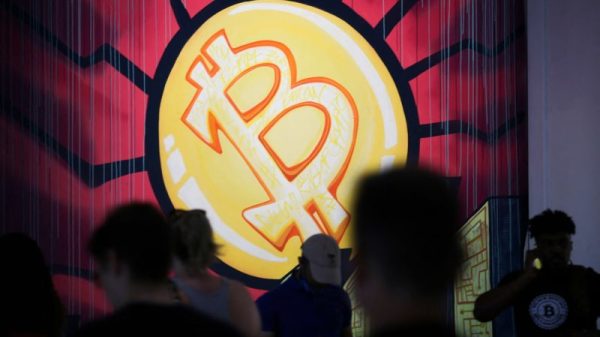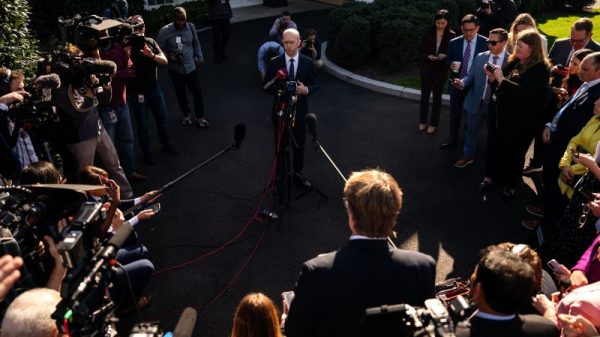Germany’s Property Market Sees 70% Decline in Sales
Quick Look:
Foreign Investment Decline: Foreign buyers accounted for only 35% of Q1 commercial real estate purchases, the lowest since 2013, amid a 70% drop in sales volumes from pre-pandemic levels.
Economic Stagnation: High inflation, ECB rate hikes, and economic challenges have hindered real estate financing, leading to stalled projects and bankruptcies.
Investor Sentiment: Germany is perceived as the most challenging property market in Europe.
Germany, Europe’s largest economy, is experiencing its worst property market crisis in a generation. International investors, who have been pivotal to the sector’s growth, are notably absent, potentially deepening the economic scars. Foreign buyers accounted for just 35% of commercial real estate purchases in the first quarter. The lowest since 2013, amidst a 70% decline in sales volumes from pre-pandemic levels. This retreat raises concerns about Germany’s economic stability and revives memories of its “sick man of Europe” label from the late 1990s.
The Decline of Foreign Investment
The German property market, once a beacon of stability and growth, is now struggling to attract foreign investors. Kurt Zech, a major German developer, underscores the significance of international investment for market recovery. He asserts that the return of American investors like Blackstone, BlackRock, Morgan Stanley, Carlyle, and Apollo will signal the market has hit bottom.
Germany’s property sector, contributing €730 billion annually to the economy, thrived on low interest rates, affordable energy, and robust economic conditions. However, the European Central Bank’s rampant inflation and subsequent rate hikes have dried up real-estate financing. It is leading to stalled projects and bankruptcies among major developers. The industry’s call for Berlin’s intervention highlights the severity of the situation.
Economic Stagnation and Market Sentiment
Carsten Brzeski, chief economist at ING in Germany, points out the broader economic implications of the property market’s struggles. He notes that Germany, once an attractive destination for property investors, is no longer the “shiny new thing.” The economic engine is faltering, requiring significant maintenance. This sentiment was echoed at the annual property sector gathering in Cannes, France, where the mood about Germany was notably grim.
Simone Pozzato, managing director and fund manager at Hines, highlighted that Germany’s property market is seen as the most challenging in Europe. An unnamed executive from a European developer revealed plans to shift resources from Germany to more promising markets like Britain. This trend underscores a broader shift in investor confidence and highlights the challenges Germany faces in regaining its economic footing.
Structural Challenges and Economic Forecasts
Several structural issues exacerbate the difficulties in the German property market. Unlike cities such as London or Paris, Germany’s decentralised urban design is a legacy of its post-World War Two reconstruction. Consequently, this makes it less appealing to foreign investors seeking global hubs. Moreover, Hela Hinrichs, a senior research analyst with Jones Lang LaSalle, notes another issue. International market participants are critical of the relatively minor devaluations in German properties. In comparison, other countries have seen more significant drops.
These woes include high energy costs, weak global demand, and the disruptive shift towards net-zero economies. These factors are straining Germany’s historically strong industrial base, leading some executives to warn of an impending economic crack. The German Council of Economic Experts recently downgraded its growth forecast, and Chancellor Olaf Scholz acknowledged the “unprecedented challenges” facing the nation.
The property market’s troubles, compounded by distressed sales from companies like Signa and Vonovia, further depressed prices. Also, these sales are often made under duress to pay off creditors or reduce debt, indicating the financial strain within the sector.
The retreat of international investors from Germany’s property market reflects broader economic uncertainties and structural challenges. The path to recovery remains uncertain as the nation grapples with high energy costs, bureaucratic hurdles, and shifting political landscapes. The return on foreign investment will be crucial for stabilising the market and revitalising Germany’s economic engine.
The post Germany’s Property Market Sees 70% Decline in Sales appeared first on FinanceBrokerage.




























